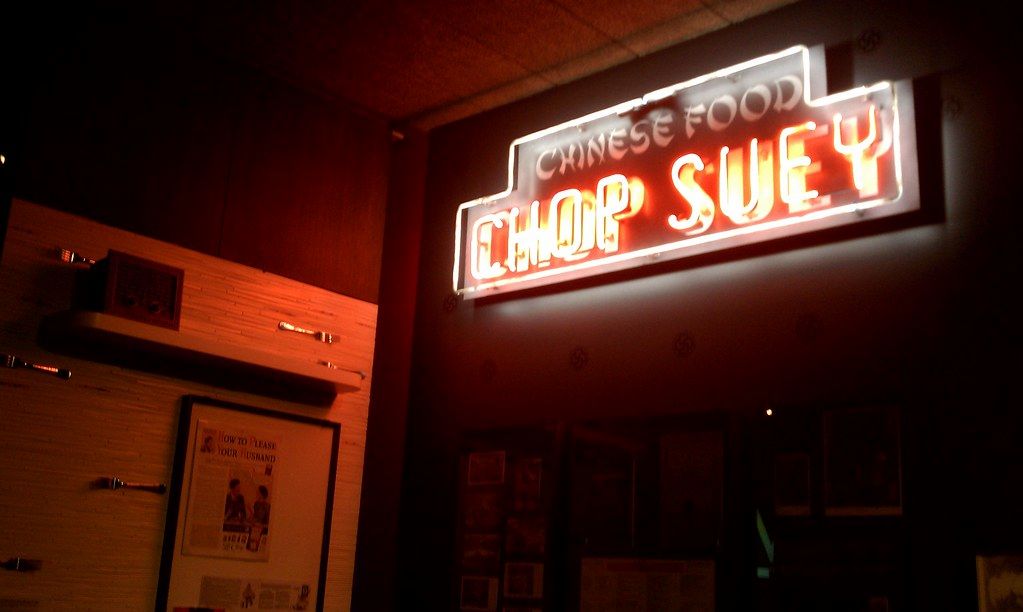You Can Now Explore 200 Years of Chinese American History Online
The Museum of Chinese in America launched the digital platform one year after a fire devastated its archives
:focal(890x754:891x755)/https://tf-cmsv2-smithsonianmag-media.s3.amazonaws.com/filer/5f/33/5f33515d-b677-47cc-b138-fc0cec1b8425/screen_shot_2021-01-25_at_123321_pm.png)
On January 23, 2020, a devastating fire nearly destroyed the New York City archives of the Museum of Chinese in America (MOCA). One year later, reports Nancy Kenney for the Art Newspaper, the cultural institution has launched a new digital platform that makes hundreds of items from its collection freely available for the public to explore.
Hosted by Google Arts & Culture, the online portal boasts more than 200 artifacts, including newspaper clippings, historical photos, restaurant signs, political campaign posters and images of art by Chinese Americans. Highlights of the virtual display range from a quilt—created by artist Debbie Lee for a 1989 MOCA exhibition—that shows images of workers in the garment industry to Chinese musical instruments, an early 20th-century typewriter with Chinese characters and a 1973 handbook aimed at fighting the stereotyping of Asian Americans in media.
The platform also includes a virtual tour of the museum. Titled “With a Single Step: Stories in the Making of America,” the experience allows visitors to move through a 3-D model of rooms containing art and artifacts from Chinese American communities. Another digital exhibit, “My MOCA Story,” offers thoughts on the significance of specific artifacts from museum staff, Chinese American cultural and political leaders, and other community members. Phil Chan, co-founder of the organization Final Bow for Yellowface, discusses the stereotypical Fu Manchu mustache in the context of his work to change depictions of Asian people in ballet, while psychologist Catherine Ma spotlights ceramic figurines created by a family business in Manhattan’s Chinatown.
Another virtual exhibition, “Trial by Fire: The Race to Save 200 Years of Chinese American History,” tells the story of the museum’s, city workers’ and supporters’ responses to last year’s fire. It includes clips of news stories, photographs and social media posts from the weeks directly after the blaze. Also featured in the exhibition is footage of MOCA’s temporary recovery area on the first day of the salvage effort.

The building where the fire occurred—located at 70 Mulberry Street in Chinatown—served as the museum’s home until 2009. At the time of the fire, it held MOCA’s Collections and Research Center. The museum itself, now based at 215 Centre Street, was not affected by the fire but is currently closed due to Covid-19.
Per the Observer’s Helen Holmes, the museum’s staff had already digitized more than 35,000 objects prior to the fire. Workers were later able to salvage many physical objects from the archives, including personal mementos donated by director Ang Lee, delicate paper sculptures, and compositions and notes from the musical Flower Drum Song.
As Annie Correal reported for the New York Times in January 2020, 70 Mulberry Street also housed a dance center, community groups and a senior center. Salvage efforts were delayed after the building was declared structurally unsound, but workers eventually found that the damage to the collection was less severe than originally feared, according to Gothamist’s Sophia Chang. Ultimately, the Art Newspaper reports, workers salvaged 95 percent of the materials in the archives, though many objects suffered water damage. The items are now at a temporary collections and research center near the Mulberry Street location.
“One of the unexpected silver linings of this period of time are creative and intentional new partnerships,” says museum President Nancy Yao Maasbach in a statement. “MOCA is incredibly grateful to Google Arts & Culture to expand MOCA’s usership, which will inevitably broaden the much-needed scholarship in the areas related to the Chinese American narrative in America.”
In the wake of the fire, museum staff created a crowdfunding campaign that has now raised more than $464,000. And, in October the Ford Foundation announced a $3 million grant supporting the museum.
“This is an absolute game changer for us,” Maasbach told the Times’ Julia Jacobs. “Given the situation with the shuttered operations, we were really struggling. We were really counting every penny.
/https://tf-cmsv2-smithsonianmag-media.s3.amazonaws.com/accounts/headshot/Livia_lg_thumbnail.png)
/https://tf-cmsv2-smithsonianmag-media.s3.amazonaws.com/accounts/headshot/Livia_lg_thumbnail.png)